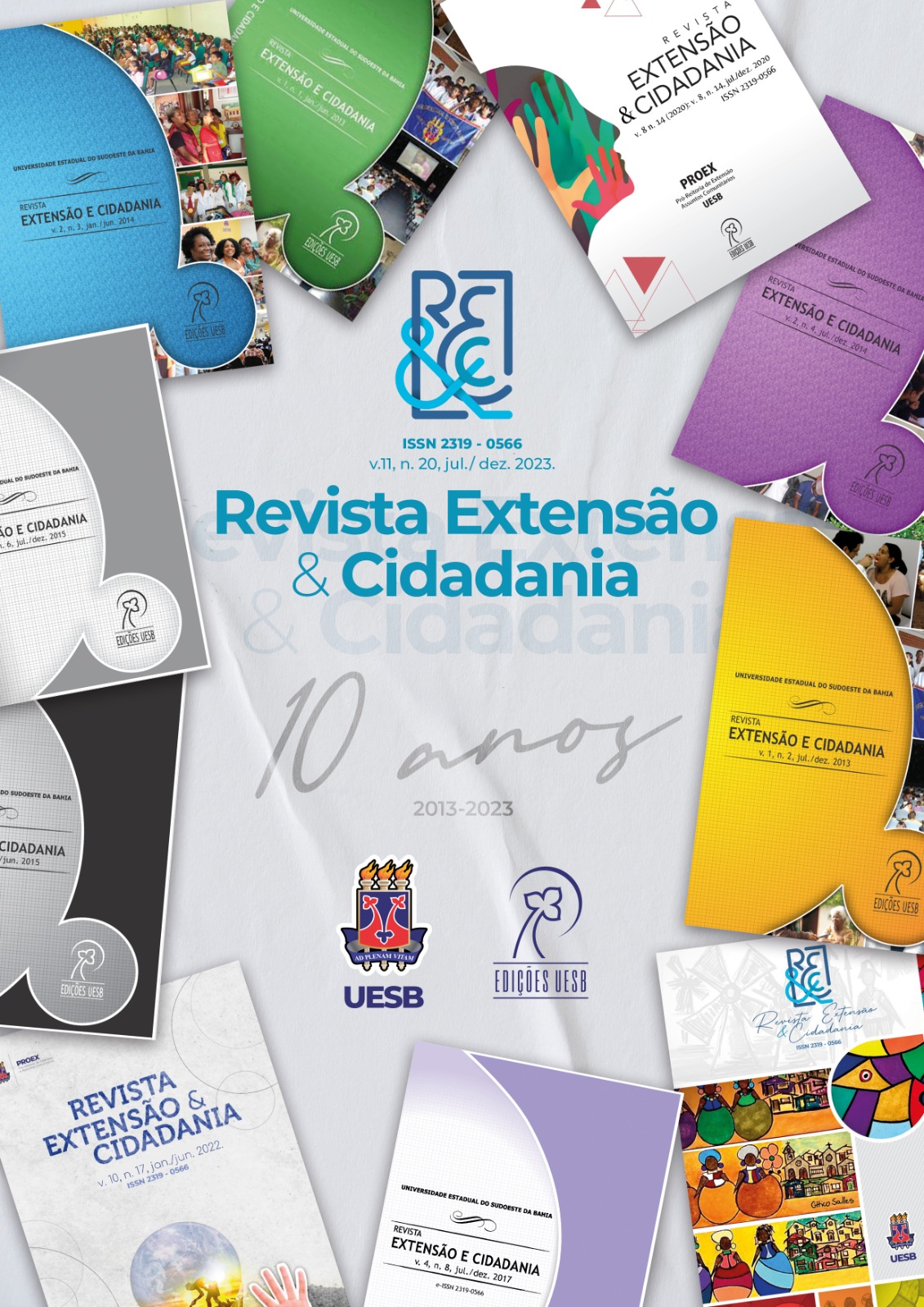FEMALE AFROENTERPRISE AND THE INTERSECTIONAL LOOK BETWEEN GENDER AND RACE IN THE UNIVERSITY EXTENSION
DOI:
https://doi.org/10.22481/recuesb.v11i20.13376Keywords:
University Extension, Afroentrepreneurship, IntersectionalityAbstract
Afroentrepreneurship or Black Entrepreneurship is a movement that grows with collective support, a historical trait of the black people, which in recent years has assumed a decolonial proposal, constantly crossed by intersectional issues that make life difficult, especially for the entrepreneurial black woman. This article aims to describe the results achieved in two editions of the extension project on female afro-entrepreneurship, financed by the Afirma Program (PROAF/UNEB), noting the limitations and advances, reiterated by the experience reports of scholarship students. It is important to highlight that Intersectionality was used as a fundamental analytical method in both editions of the project (CRENSHAW, 1989). The results achieved in public notice nº 64/2020, at the height of the pandemic, and in public notice nº 73/2022, in progress, point to an incentive for theoretical and methodological mastery, protagonism in scientific works, participation in events and extension actions. In turn, the scholarship holders' experience reports, structured through a self-instructional form, revealed the impact that racial literacy and the intersectional perspective had on the professional, academic and personal decisions of students and graduates. In short, education for ethnic-racial relations in extension has a formative function in the articulation between knowledge and knowledge of actresses and actors involved.
Downloads
Downloads
Published
How to Cite
Issue
Section
License
Copyright (c) 2023 Revista Extensão & Cidadania

This work is licensed under a Creative Commons Attribution 4.0 International License.






